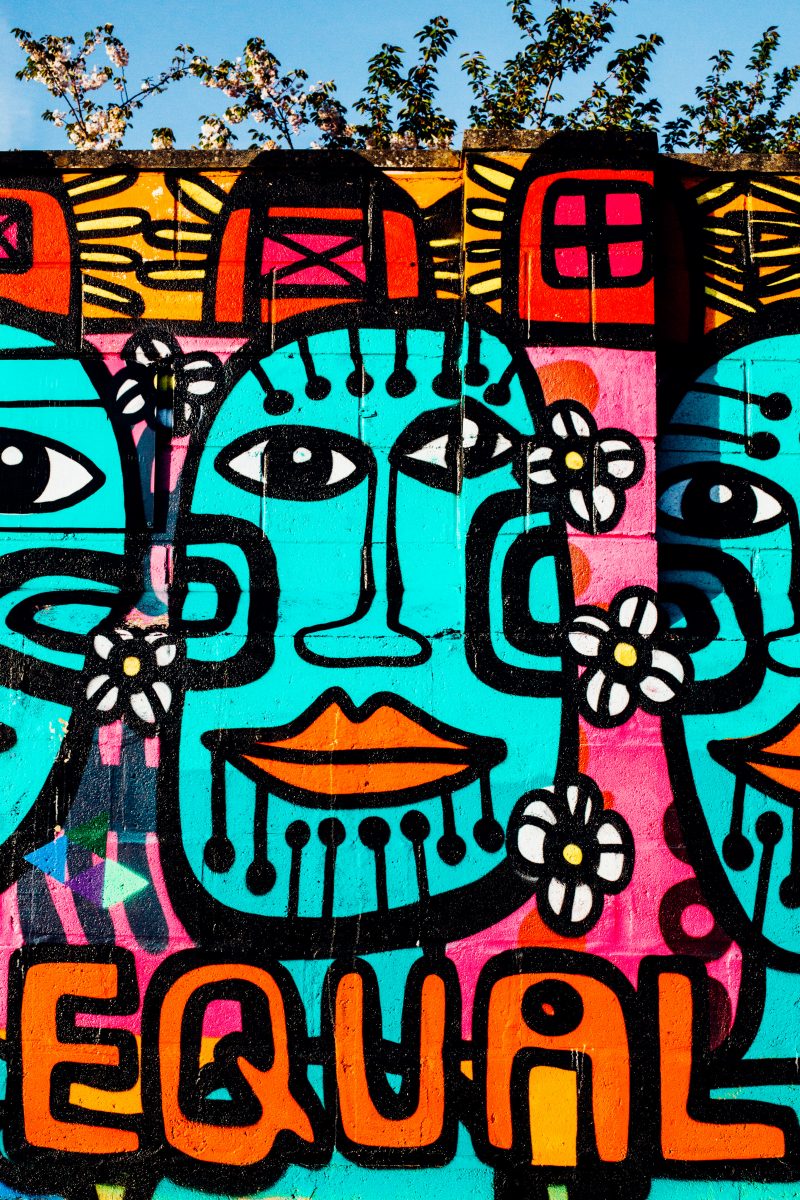Equality & Equity
Contemporary society clamors for equality.
Society wants equal rights in:
- Marriage
- Citizenship
- Job Opportunities
- Food
- And So Much More
There’s a problem with this concept, however. Let’s use a metaphor. There are many people that want to climb a ladder to see over a fence. Most people think equality is granting everyone the same view, but it isn’t. Others say equality is granting everyone access to the next stage in life. That’s a bit more accurate. Take a look…

That’s fair. That’s equal. So, let’s go with it. That’s equality. But this isn’t what society really wants. And that’s the problem.
We’re using the wrong word.
The problem with this approach is that equality already exists and functions as part of everyday life. We all have an equal opportunity to pursue love, life, happiness, jobs, food, and everything else. If we really have this, then what is society after?
Society really seeks equity. There is a totally different concept. See for yourself…

Equity recognizes that you may be taller than me. I may be taller than you. Why give the short kid a short ladder? Equality says everyone gets the same size. What if everyone else is tall? The short kid is treated equally but really gets nowhere as as a result. Equity says that we need to adjust our expectations and requirements and assistance and customize the experience for everyone. Equality calls for carbon copy services and automation. Equity calls for personalization and individuality.
The tech industry gets this. My website adjusts to the size of your screen. Our phones have tactile feedback and accessibility features so that everyone can have a similar end-user experience. How that experience occurs may differ drastically, but it gets is where we need to be.
Observant Judaism teaches us to not place a stumbling block before the blind
Judaism offers the same experience. Specifically, Orthodox Judaism. The outward expression may not seem like it at times, but observant Judaism teaches us to not place a stumbling block before the blind. In other words, we need to provide customized experiences and assistance to help everyone connect to HaShem, however that may be.
Kabbalah teaches that we all have our own spiritual ladders to climb. Each one may look quite different. It’s not equality. It’s equity. What I will accomplish in life is not the same as what you will accomplish. Why hold us to the same standard?
HaShem judges us by a different standard: each one according to their own circumstances. It doesn’t remove our obligation to climb that ladder, but it sure does give us a collective sigh of relief and strength in knowing that He’s there to help us climb and succeed, each one on their own paths.
Chazak, Chazak, v’nitchazek…

